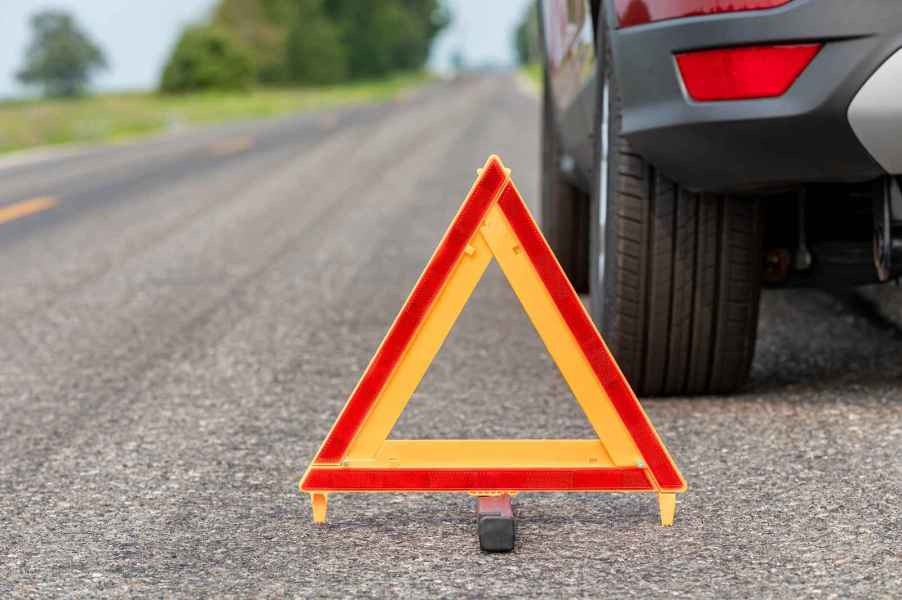
AAA’s 4 most common roadside assistance calls are almost always preventable
This year, AAA shared the four most common roadside assistance calls. Reading the list, I was struck by how, well, avoidable these emergency services actually are. I was a service advisor for more than a decade and answered hundreds of calls involving these exact vehicle woes. Let’s review them and learn how to prevent these sudden breakdowns.
The four most common roadside assistance calls are:
- Flat tire
- Empty fuel tank
- Lockout
- Dead battery
Of course, in certain circumstances, these issues might be out of your control. However, there are ways to avoid them as much as possible.
Check your tires regularly
To prevent a sudden flat tire, have your tires inspected and rotated regularly. At the shop, the tire rotation schedule was at least every six months or twice a year. The tech should look at the tread, checking for overall wear, uneven wear, and foreign objects. They should also check for bubbles in the sidewalls. Obviously, try to avoid running over objects on the road.
Be aware of your fuel level
For years, our old BMW E46 (a 2004 325i, in layman’s terms) had a broken fuel gauge. The fuel level sending unit flatlined. They aren’t cheap to replace since you have to drop the tank to get to it, and you typically have to buy the whole fuel pump assembly to get the sending unit.
We’d been tracking mileage and refilling well before the gas got low. After my husband learned he’d occasionally need to drive two hours away and back for work, though, we opted to just fix it. Besides, it was something of a safety issue for our family unit in the event we whiffed on tracking.
Overall, calling roadside assistance over an empty fuel tank is almost always preventable. Check how much fuel you have before you set off and consider where your next fill-up might be. Some folks might think to store fuel in the back of their vehicle. This isn’t recommended at all – it’s super unsafe – and is even illegal in some states.
Keep a spare car key in a smart, helpful place
Lockouts happen mostly because the driver isn’t paying attention to where they put their keys. You can keep the emergency lockout key – the tiny metal door key inside most remote fobs – in your purse or wallet. You can also hide a spare key somewhere discreet, including under the car. One Redditor says they’ve kept a metal key box under their rear bumper cover for 20-plus years, moving it to each new car they get. No roadside assistance needed there. Keep in mind, though, that this leaves your car open to theft. However, most thieves don’t check for this and use a personal method to steal vehicles. Of course, test any hideaway method and placement before blindly relying on it.
Underside of car – where can I stick a magnetic box safely?
byu/chiko930 inMechanicAdvice
Check and service your battery
Dead batteries happen mainly due to two conditions: a lack of preventative maintenance and sitting. Get your battery checked and serviced regularly. A tech should test the charge and confirm the connections are secure and free from corrosion or build-up. Battery services involve using a wire brush to clean the posts. The connections are tightened and checked. Afterward, a sealant is applied.
Again, while you can’t always control automotive emergencies, AAA’s four most common roadside assistance calls are often preventable.



